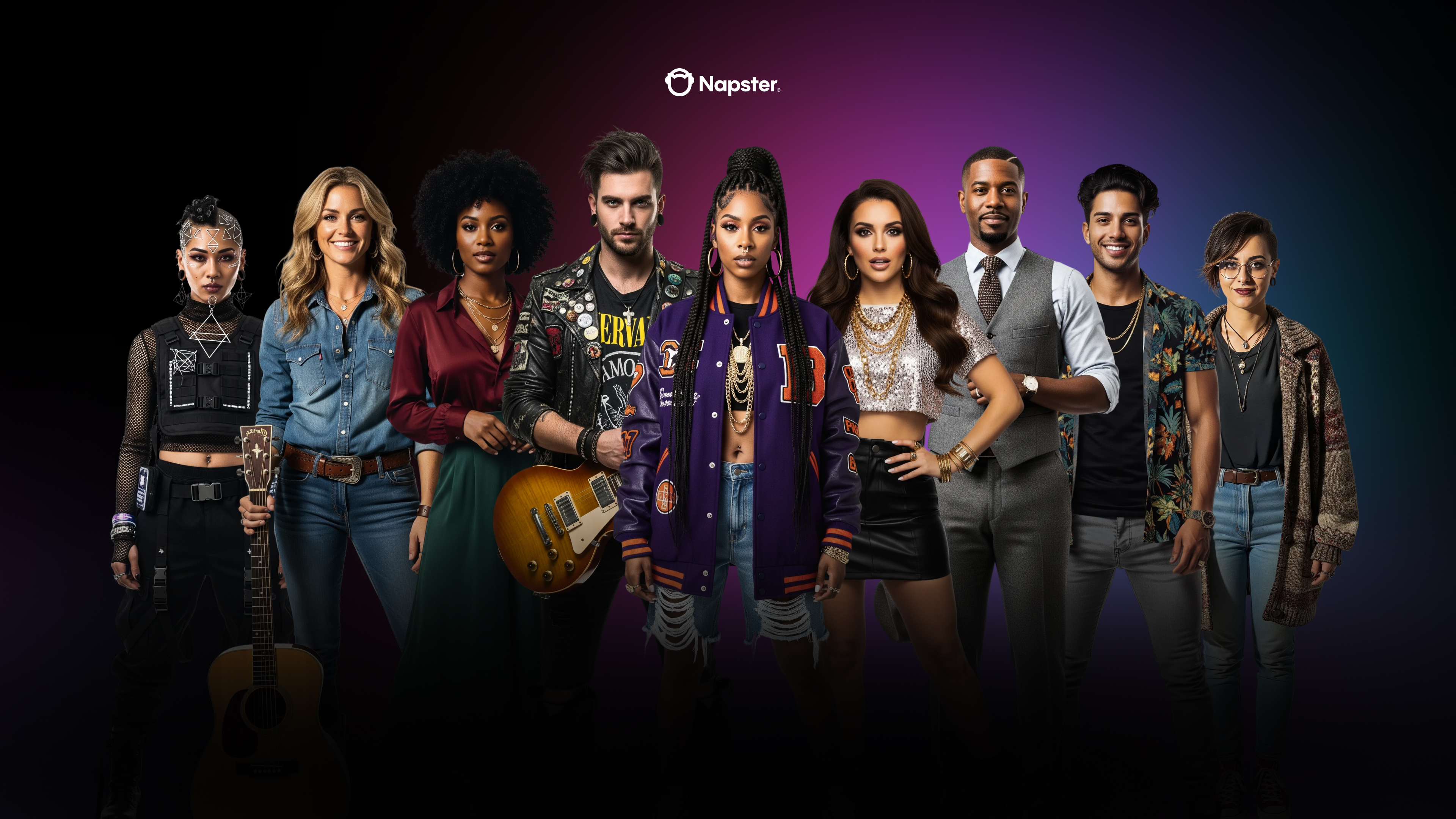Galaxy S20 vs iPhone 11: Which phone should you buy?
Our Galaxy S20 vs iPhone 11 face-off breaks it all down
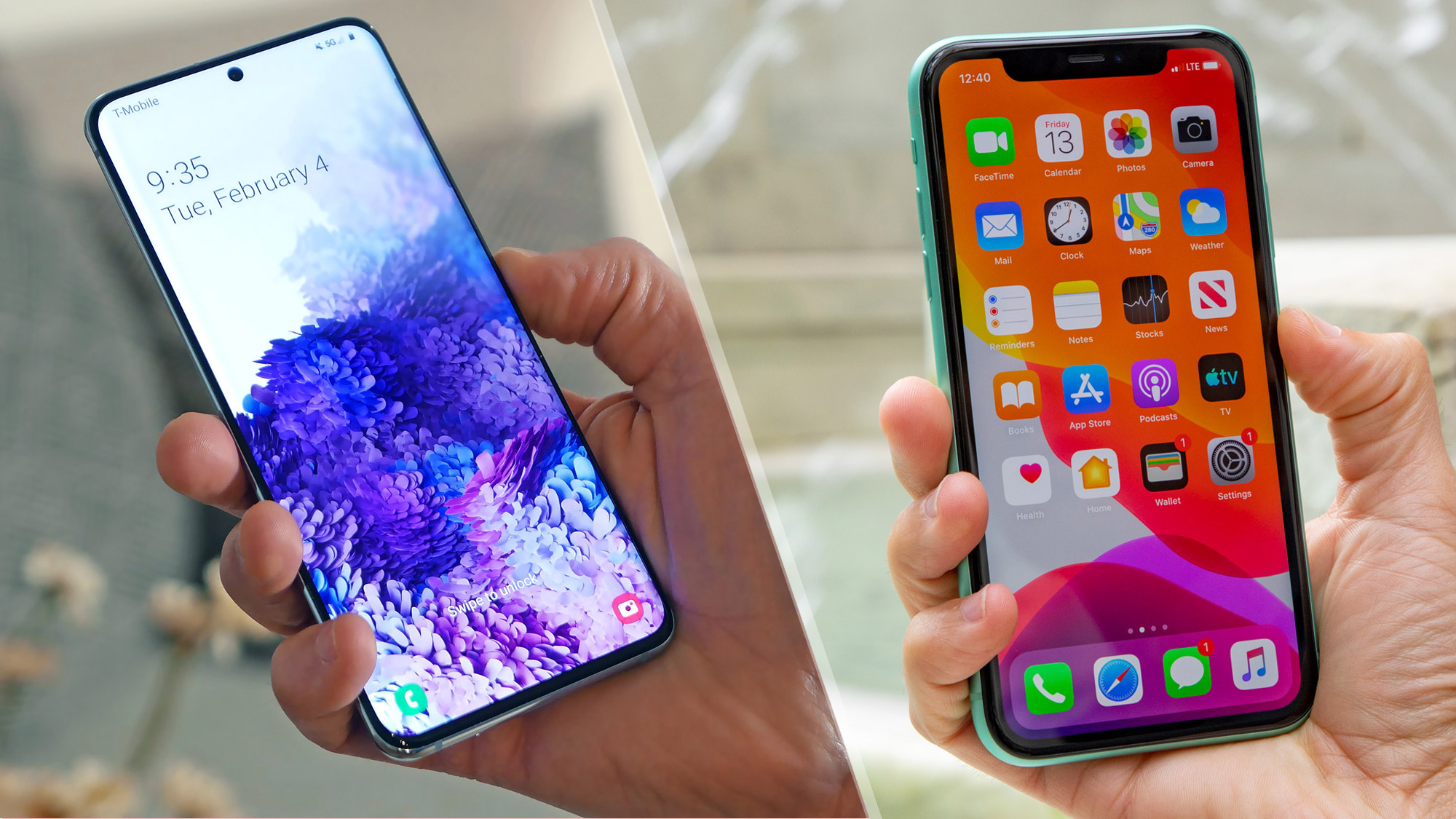
The iPhone 11 and Samsung Galaxy S20 are a pair of entry-level flagship phones with surprisingly different takes on what being a flagship actually means. While there's a big difference in price, hardware and software between the two phones, they're likely to be some people's top picks when it comes to buying a new handset.
The iPhone 11 enters this contest with a less robust display than the Galaxy S20 (LCD vs OLED). Plus, the Galaxy S20 has 5G connectivity while the iPhone 11 makes due with 4G. However, the iPhone 11 is no slouch, as it offers a powerful A13 Bionic processor, long battery life and great cameras of its own.
- Samsung Galaxy S20 vs Galaxy S20 Plus: All the differences explained
- Want more choice? See our favorite phones on our best phones list
Our Galaxy S20 vs iPhone 11 face-off will help you make sense of all the differences between these two premium smartphones.
Galaxy S20 vs iPhone 11: Specs
| Header Cell - Column 0 | iPhone 11 | Galaxy S20 |
|---|---|---|
| Starting Price | $699 | $999 |
| Display (resolution) | 6.1-inch LCD (1792 x 828) | 6.2-inch OLED (3200 x 1440) |
| CPU | A13 Bionic | Snapdragon 865 |
| RAM | 4GB | 12GB |
| Storage | 64GB, 128GB, 256GB | 128GB |
| MicroSD? | No | Yes, up to 1TB |
| Rear cameras | 12-MP wide and 12-MP ultra wide | 12MP main, 64MP 3x optical telephoto, 12MP ultra-wide |
| Front camera | 12MP | 10MP |
| Battery | 3,110 mAh | 4,000 mAh |
| Dimensions | 5.94 x 2.98 x 0.34 inches | 5.9 x 3 x 0.31 inches |
| Weight | 6.8 ounces | 5.7 ounces |
Galaxy S20 vs iPhone 11: Price and availability
The Apple iPhone 11 went on sale on September 20, 2019, while the Samsung Galaxy S20 has been on offer since March 6, 2020.
The price of an iPhone 11 starts at $699/£699 for 64GB storage, and maxes out at $849/£849 for 256GB storage, with the 128GB coming in the middle at $749/£749.
The Galaxy S20 comes in a single storage variant (128GB) which costs $999, a $350 difference compared to the equivalent iPhone 11. That’s a big price gap that may put a lot of people off the Samsung phone instantly, but there are some good reasons why spending the extra money could be worth it, as you'll see below.
It's worth adding that Apple also offers the 5.8-inch, $999 iPhone 11 Pro and 6.5-inch, $1,099 iPhone 11 Pro Max. Likewise, there are two other, larger versions of the Galaxy S20 available for sale: the 6.7-inch, $1,199 Galaxy S20 Plus and 6.9-inch, $1,399 Galaxy S20 Ultra. Alternatively, Samsung has just revealed the $999 Galaxy Note 20 and $1,299 Galaxy Note 20 Ultra, if you are interested in slightly different specs and a built-in stylus. Since the smaller Note 20 costs the same as the S20, it may be worth your time to compare them too.
Get instant access to breaking news, the hottest reviews, great deals and helpful tips.
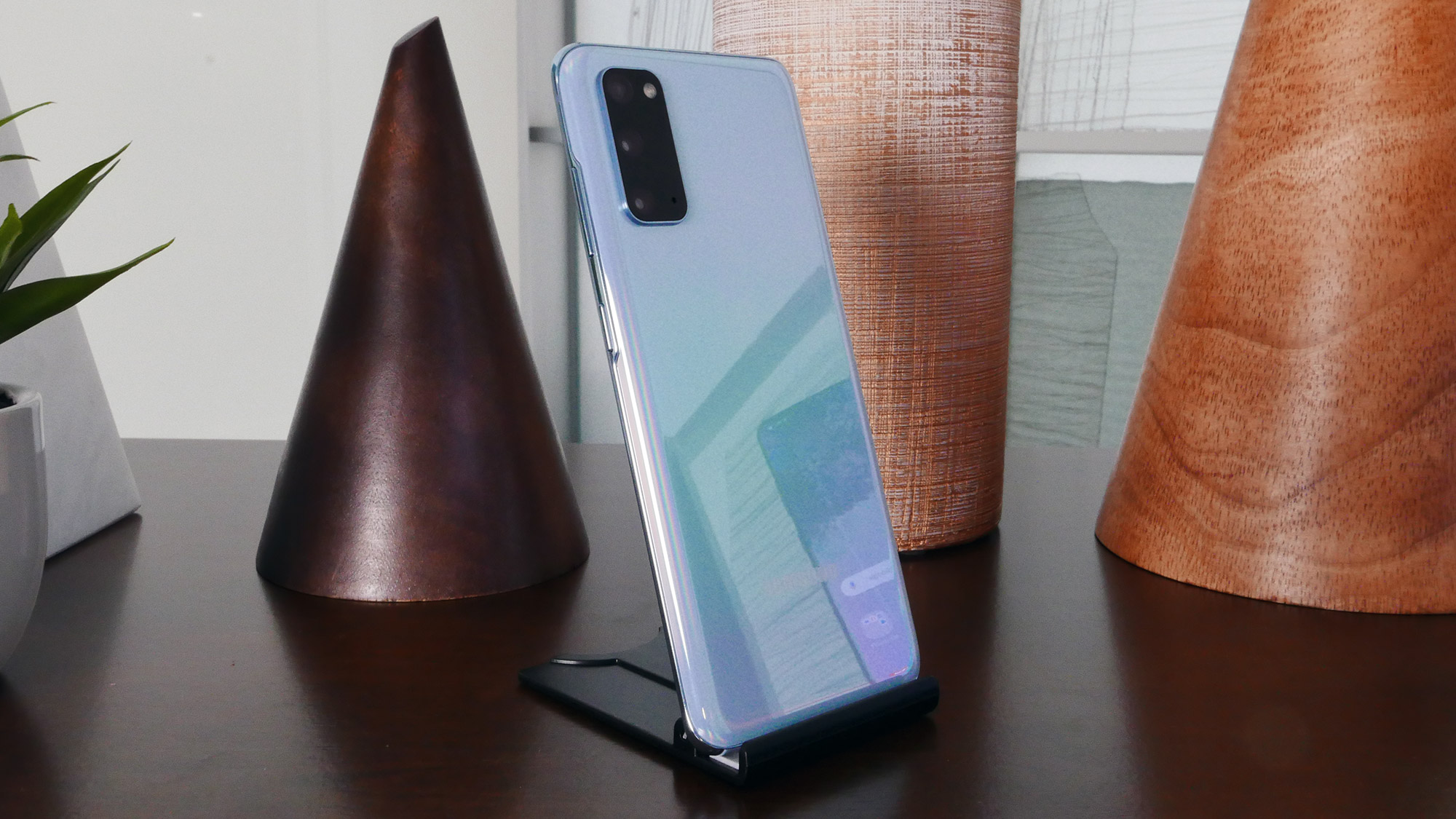
Galaxy S20 vs iPhone 11: Design
Beauty is of course in the eye of the beholder, but there are some objective things we can point out about the designs of these two phones.
Both phones are of a similar size, with the Galaxy S20 featuring a 6.2-inch screen and the iPhone 11 a 6.1-inch display. However, the punch-hole of the Galaxy S20 means the screen feels a lot larger than the notched one on the iPhone 11; the camera is less obtrusive if you’re trying to watch a video or play a game.
On the back, both phones have a large camera bump in the top left corner, but are made with different design philosophies. Apple’s tried to make the bump blend in by making it the same color as the body of the phone, while Samsung has colored the inside of the bump in black, meaning you can’t miss the presence of the rear sensors no matter which color option you choose.
Speaking of color choice, there’s six different options for the iPhone 11, including white and black for the traditionalists, and green, yellow, purple and Product Red for those looking for something more striking. The S20 has three colors — Cloud Pink, Cloud Blue and Cosmic Gray. It’s a smaller selection, but at least it still covers the two basic categories of subtler and louder hues.
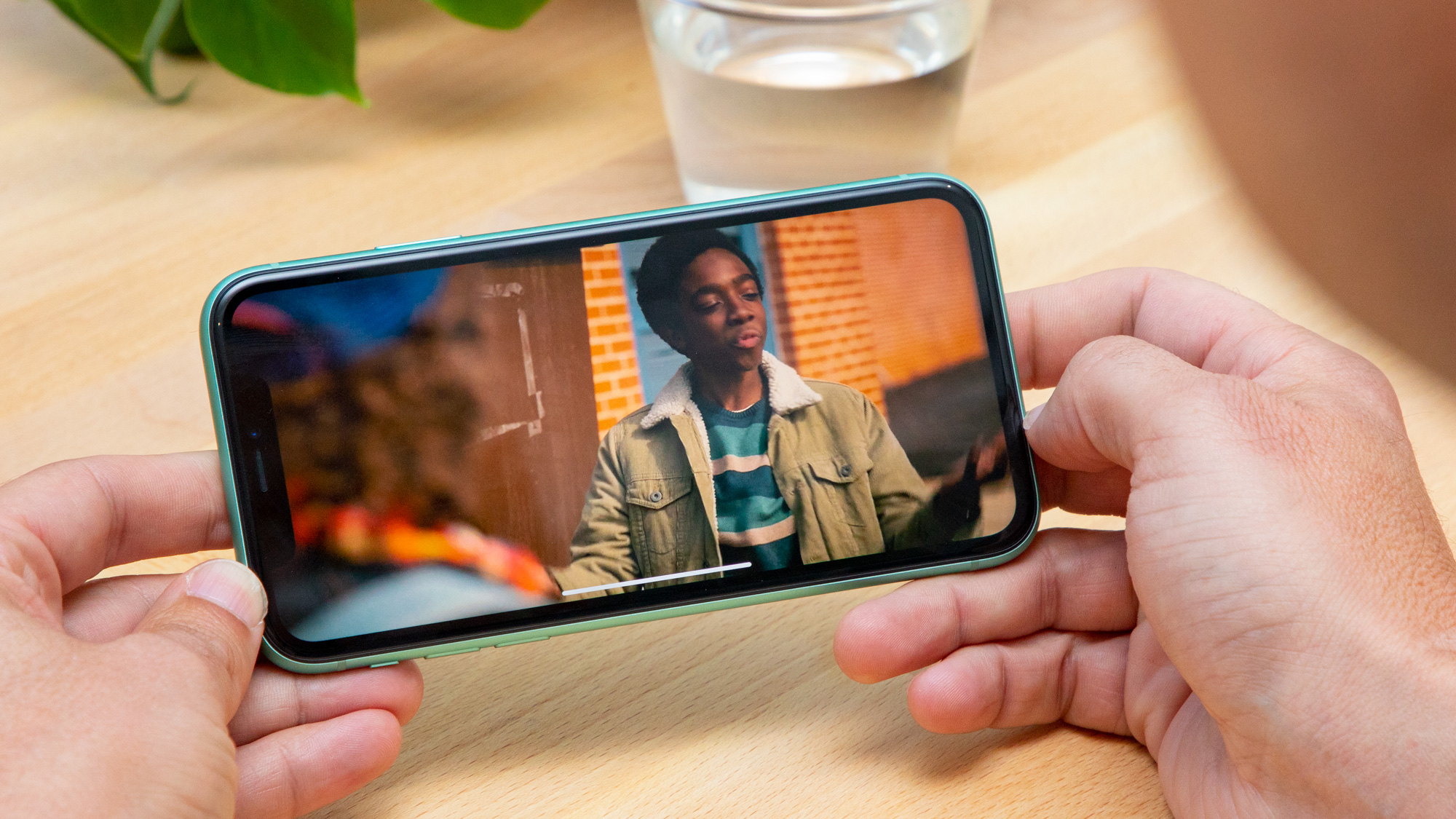
Galaxy S20 vs iPhone 11: Display
As mentioned before, the two phones have roughly equivalent screen sizes; 6.1 inches for the iPhone, 6.2 inches for the S20. However, the S20 has an OLED display, while the iPhone 11 makes do with LCD. That translates to an 857 nit brightness for the Samsung phone, and a 652 nit brightness for the iPhone, making the S20 easier to use in bright environments and the better option for watching video content.
Also giving the S20 an advantage is its 120Hz refresh rate, making videos look smoother and scrolling feel completely different to how it is on the 60Hz iPhone screen. This 120Hz mode will unfortunately come with the downside of a lower resolution to conserve battery life, but just having the option is still a mark in favor of the S20 in this category.
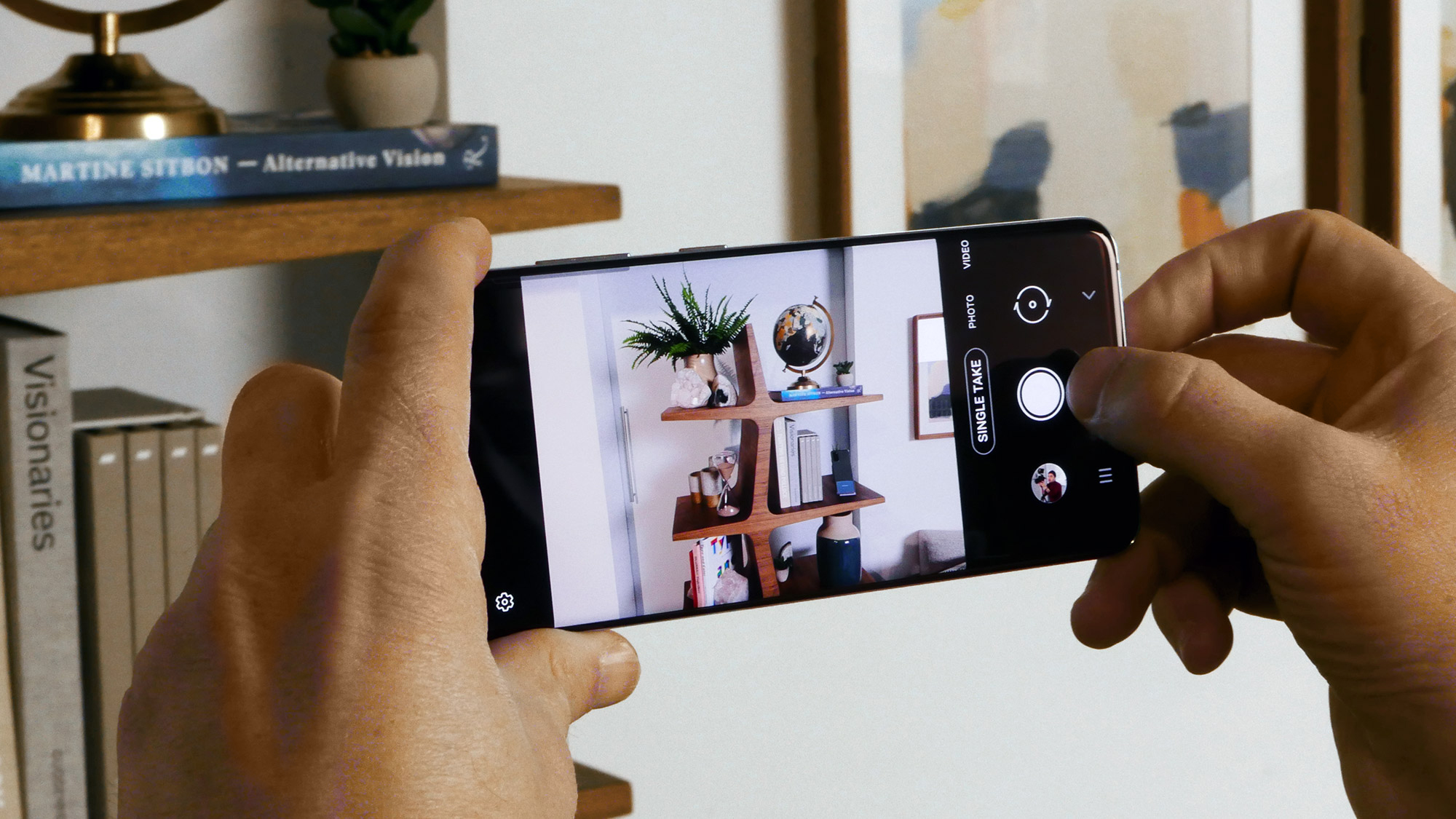
Galaxy S20 vs iPhone 11: Cameras
This is an area where the S20 really starts to justify its extra cost. On the back of the S20, you’ll find a 12MP main sensor, a 64MP 3x telephoto zoom sensor and a 12MP ultra-wide sensor. The iPhone 11 sports a 12MP main camera and a 12MP ultra-wide camera — meaning that while it matches the quality of the S20’s normal and wide photos on paper, it can’t compete at all for zoom pictures, because Apple restricts its 12MP 2x optical telephoto lens for iPhone 11 Pro models only.
There’s a small discrepancy in the other direction on the front of these devices. The iPhone 11 uses a single 12MP selfie camera, while the S20’s sensor is 10MP. That’s not a huge difference, but it could matter if you want the highest quality selfies possible.
The iPhone 11 and Galaxy S20's bigger siblings, the iPhone 11 Pro Max and Galaxy S20 Plus, take the first and second place spots on our best camera phones list, and that order of Apple, then Samsung, fits here too. The extra telephoto camera of the S20 is a bonus, but a judgement of overall quality and software features like night mode and portrait mode mean the iPhone just comes out ahead.
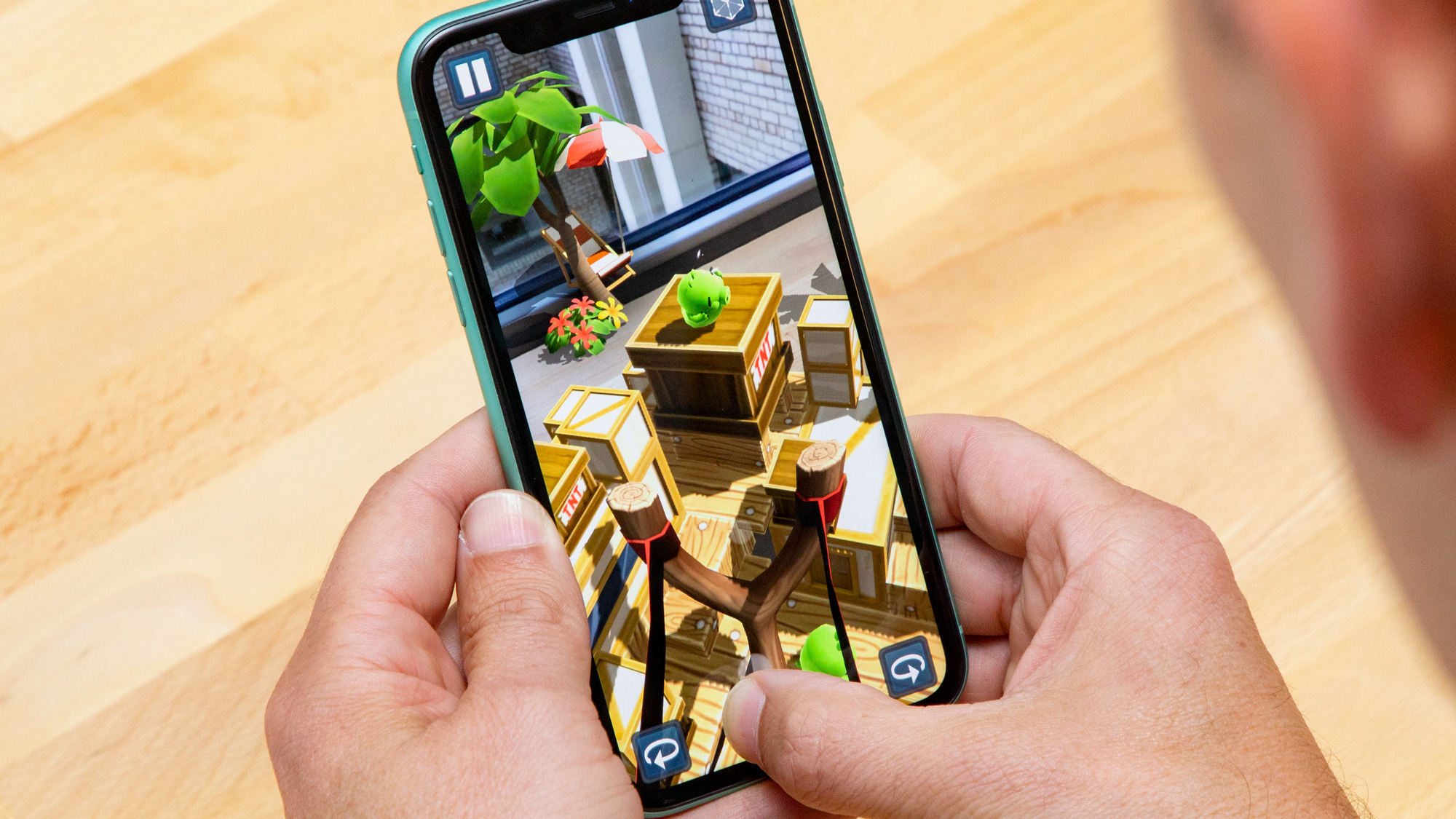
Galaxy S20 vs iPhone 11: Performance
On our synthetic benchmark tests, the S20's chipset managed 3,147 on Geekbench 5's multi-core test, while the iPhone 11 scored 3,251 instead. That gap increased on the graphics test, the S20 getting 1,319 frames (21 frames per second) on GFXBench's Aztec Ruins Vulkan off-screen test, and the iPhone achieving 1481 frames (23 fps).
These aren't surprising results. In terms of speed, Apple’s processors have long beaten the competing chips produced by Qualcomm that Samsung uses in its phones sold in North America. The S20 still has a mighty Snapdragon 865 processor, plus a lot more RAM to play with (see below) which should be a benefit for multitasking. However, Apple's ability to design from scratch not only the A13 Bionic chip the iPhone 11 uses but also the operating system mean its optimization and higher CPU compute output outstrips Samsung's performance every time.
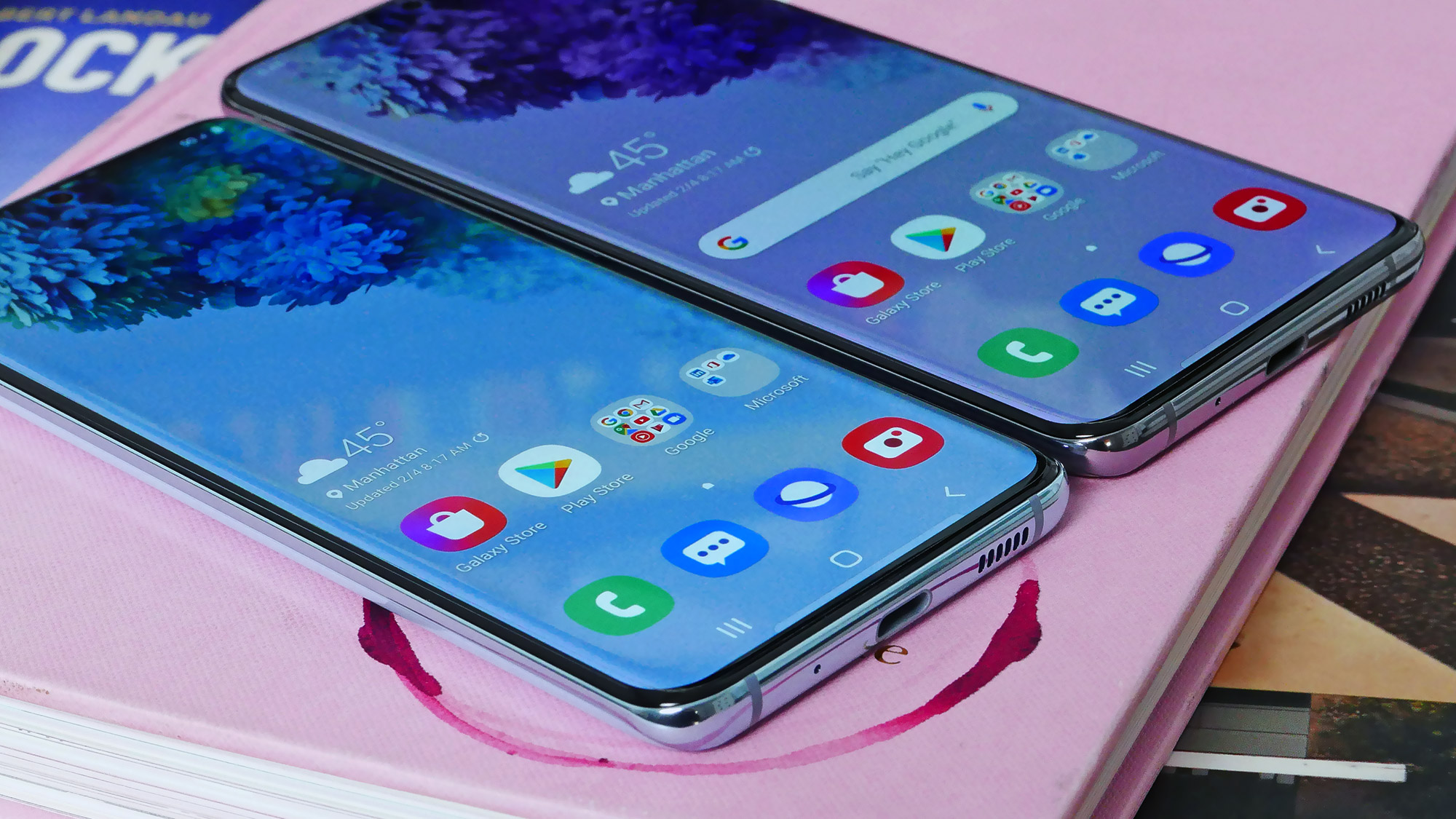
Galaxy S20 vs iPhone 11: RAM and storage
Neither phone gives you a choice of RAM capacities. You get 12GB of RAM with the S20, which is far more than the iPhone’s 4GB. More RAM is obviously better, but since the two phones run different operating systems and use different kinds of CPUs, the performance difference isn’t cut-and-dry, as you can see in the benchmarks in the previous section.
There’s only one storage option for the S20: 128GB. You can get the iPhone with that much storage, but also with 64GB and 256GB, which is a nice range of choices to have. The S20 does support microSD cards though, letting you add up to 1TB more storage space if you want it later on, after you've bought the device. The extra flexibility of the S20’s microSD slot is very useful, but the ease of being able to spec a new iPhone with more storage by default (albeit for a steep fee) means there’s a case to be made for Apple's approach as well.
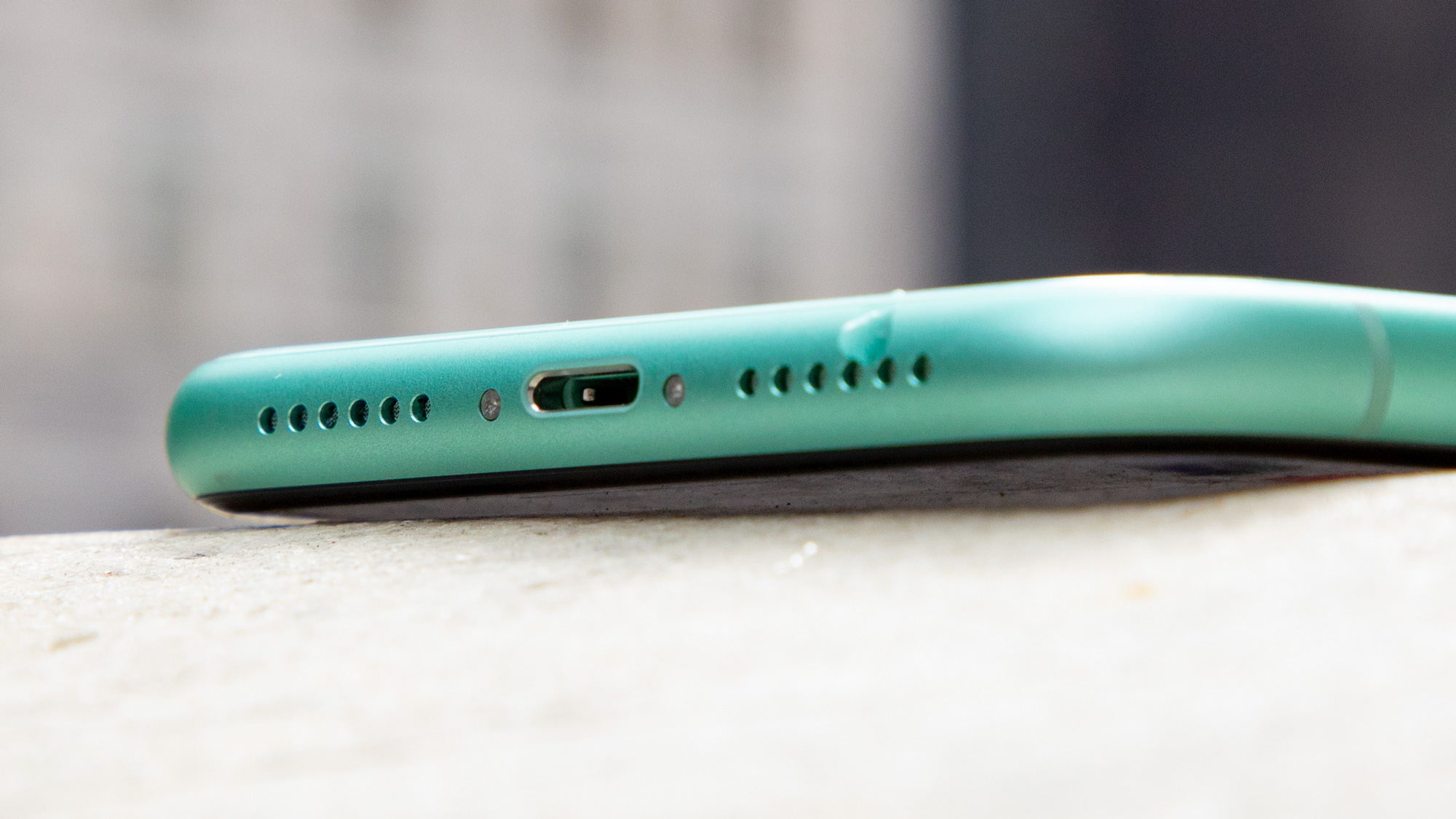
Galaxy S20 vs iPhone 11: Battery
While Apple never announced the battery capacity of the iPhone 11, unofficial teardowns have shown it has a 3,110 mAh cell. The S20 has much more room at 4,000 mAh, meaning it should in theory last a lot longer even under heavy use.
That wasn't the case when we tested it though. On our custom Tom's Guide battery test of browsing the internet over LTE until the battery dies, the iPhone 11 lasted 11 hours and 16 minutes, and the S20 9 hours and 31 minutes. The S20 gets worse if you have it running at its maximum 120Hz refresh rate, managing 8 hours and 4 minutes.
When it comes to charging, the iPhone 11 comes with a 5W charger, but can be used with a 18W fast charger that Apple sells separately. The S20 comes with a 25W charger. Samsung also sells a 45W charger if you want it, but even buying Apple’s best charging option is still slower than what Samsung gives you by default. There’s not really much contest in this area at all.
Both phones are also capable of wireless charging, but Samsung goes one better and offers reverse wireless charging on the S20 too. If you have accessories, like the Galaxy Buds Plus earbuds, that can charge wirelessly too, then you can place them on the back of the S20 and let it charge from the internal battery. This could prove exceptionally handy if you own the right kind of tech to use with it, and Apple can’t compete here.
Galaxy S20 vs iPhone 11: 5G
This is another easy win for the Galaxy S20. The iPhone 11 doesn't have a 5G version, while the S20 gets sub-6GHz 5G as standard. This means it'll work on the small 5G network areas you can find in cities both in the U.S. and the U.K., although it won't be compatible with the mmWave networks that carriers are expected to roll out in the coming years.
We're expecting the iPhone 12 to be Apple's first 5G handset, but for the time being, if you're lucky enough to live in one of the 5G coverage areas, the S20 is the only one of these two phones that will give you all the data speed and reliability advantages that the new networking standard offers.
Bottom Line
If you’re not already loyal to Android or iOS phones, then these two phones present an interesting comparison. The iPhone 11 appeals instantly because of its lower price, but it loses out on some raw specs, such as RAM, battery capacity and charging speed, to the S20. Design-wise, it’s up to you whether you prefer the iPhone's more colorful, simplistic design or the more technical-looking Samsung.
Testing the two phones shows the iPhone 11 is perhaps the better phone of the two, thanks to superior performance, longer battery life and better cameras. The S20 does have its good points though, such as the more vivid and smoother display, the telephoto camera, and 5G connectivity.
But this feature-by-feature breakdown only really matters if you aren't bothered whether you use iOS or Android as the operating system for your phone. If you're an existing iPhone user, definitely pick the iPhone 11. If you're wanting to move on from an Android phone, particularly a Samsung device, then you'll need to really care about the S20's minor shortcomings, or the less minor price difference, to reject it in favor of Apple's handset.
- See our best camera phones to find out which smartphones take the best photos
- Galaxy S20 Ultra vs iPhone 11 Pro Max: Battle of the giant flagships

Richard is based in London, covering news, reviews and how-tos for phones, tablets, gaming, and whatever else people need advice on. Following on from his MA in Magazine Journalism at the University of Sheffield, he's also written for WIRED U.K., The Register and Creative Bloq. When not at work, he's likely thinking about how to brew the perfect cup of specialty coffee.
 Club Benefits
Club Benefits





